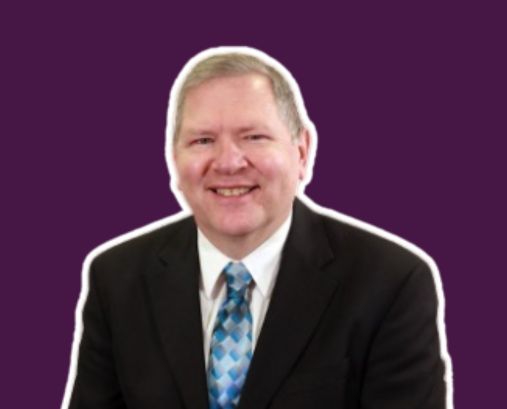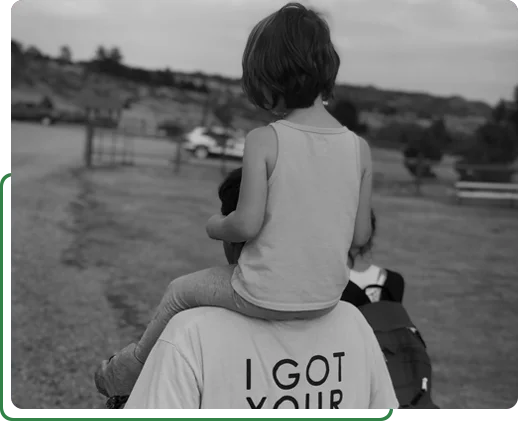Rob Black is the Social Studies, Health, and PE Consultant in the Wyoming Department of Education’s Standards and Assessment Division and is also the Native American Liaison for the department. He has been with the agency since 2015, having also served on the Accreditation Team. Rob organizes the Wyoming Native American Education Conference, which attracts approximately 500 educators, parents, social and health workers, students and community members each year. He formerly was Wyoming Gov. Dave Freudenthal’s education and workforce policy analyst and also served as vice-chairman of the Wyoming P-16 Education Council. Rob wrote and managed adult education and training grants for the Wyoming Department of Workforce Services and headed the state’s Workforce Development Council. Prior to his long career in public service, he was an award-winning print and broadcast journalist. He is a graduate of the University of Wyoming.
“I wholeheartedly support this work because I have seen how it has inspired educators and students in my state to build stronger and long-lasting relationships at school, at work, and in the community. Enhancing mental health has never been more important, and this program is about strengthening the foundation of our relationships and not relying on unproven quick fixes. It’s a completely different approach, and it works.”





